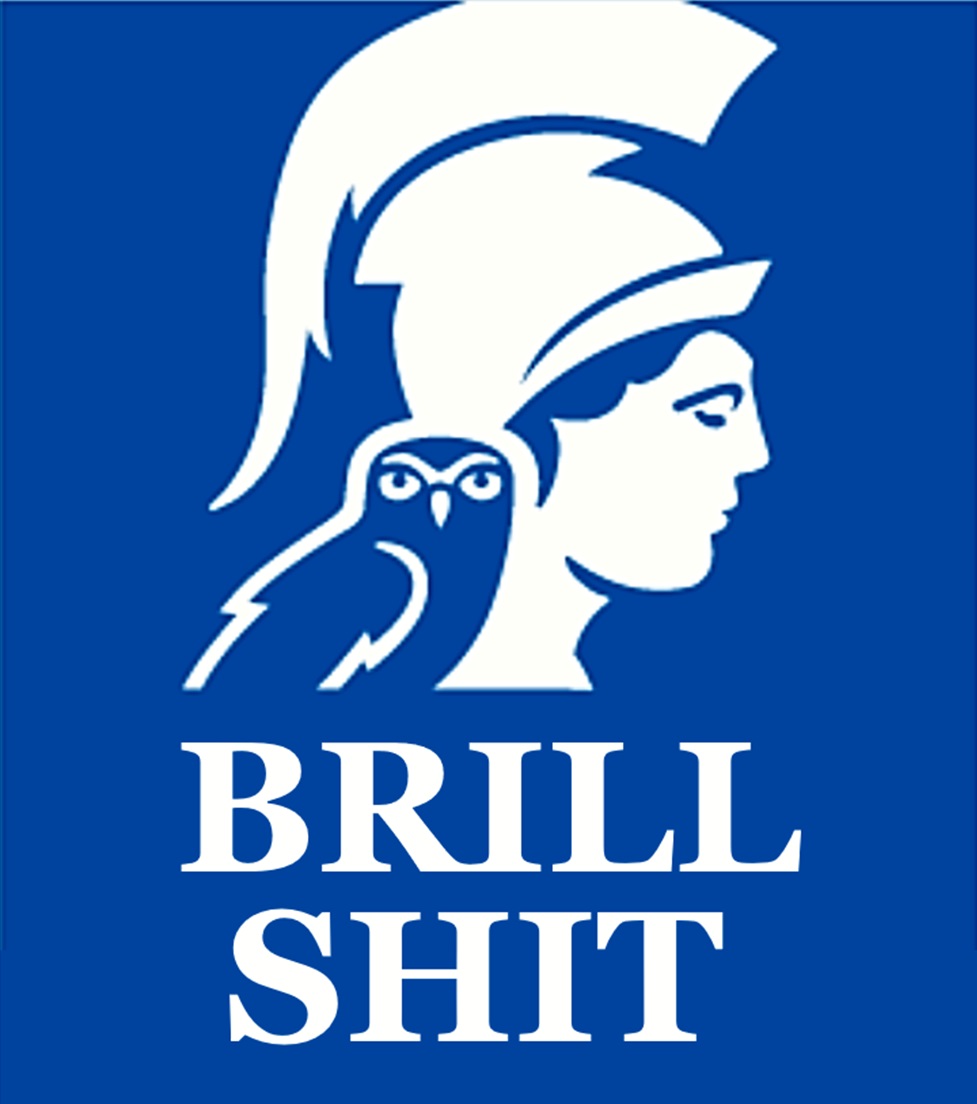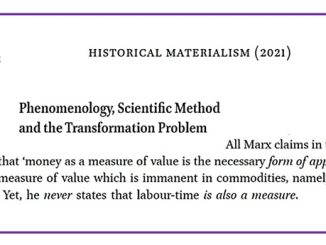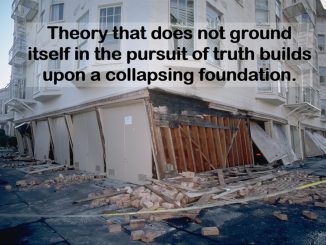
On Brillshit
Why You Can’t Trust Anything Published by Brill
by Andrew Kliman
Here’s why you can’t trust anything published by Brill:
- It doesn’t care whether the content it publishes is reliable or not.
- It ignores the retraction guidelines issued by the Committee on Publication Ethics (COPE), despite its claim to “promote adherence to [COPE’s] core principles of publication ethics.”
- It praises an editorial process that has resulted in the publication of glaring, demonstrable falsehoods, stating that “the editorial process has played out as it should” (see E-mail Message from Brill).
(The falsehoods at issue were published in a paper in Historical Materialism, a Brill journal. I asked Brill and the journal to retract the paper. Both refused. Brill’s representative said, without explanation, that “this situation isn’t grounds for retraction.” After several individuals publicly criticized that decision, Brill agreed to investigate. The investigation resulted in the pronouncement that “the editorial process has played out as it should.”)
The most glaring and easily demonstrated of the falsehoods is contained in the following two-sentence passage. The first sentence quotes a statement in which Marx said that labor-time is a measure. Then, in the second sentence, the authors falsely claim that he did not state that labor-time is a measure:
All Marx claims in that section is that ‘money as a measure of value is the necessary form of appearance of the measure of value which is immanent in commodities, namely labour time’. Yet, he never states that labour-time is also a measure. [emphases in original]
The journal’s referees and editors thought it proper to publish this obvious falsehood. They and Brill did so. And now Brill has doubled down. Instead of retracting the falsehood, or excusing it as an unfortunate but understandable slip, Brill praises the editorial process that permitted its publication. It says that the editorial process should play out like this. In other words, referees and journal editors, and publishing companies like Brill, should ignore whether the content they publish is reliable.
In his justly famous book, On Bullshit, Harry G. Frankfurt wrote:
The bullshitter … does not reject the authority of the truth, as the liar does, and oppose himself to it. He pays no attention to it at all. By virtue of this, bullshit is a greater enemy of the truth than lies are.
The same thing must be said about Brillshit:
The Brillshitter … does not reject the authority of the truth, as the liar does, and oppose himself to it. He pays no attention to it at all. By virtue of this, Brillshit is a greater enemy of the truth than lies are.
The “never states that labour-time is also a measure” falsehood was not an isolated exception. The same paper is filled with many other serious misrepresentations and inaccuracies (listed in a memo I submitted to Brill). Its content is flawed to such an extent that many of its findings and conclusions, including its main ones, cannot be relied upon.
COPE’s guidelines state that retraction should be considered when there is “clear evidence that the findings are unreliable, either as a result of major error …, or as a result of fabrication … or falsification” (p. 2). Brill ignored this guideline. Its investigation refrained from focusing on the evidence that the paper’s findings are unreliable. Instead, it investigated whether the paper’s findings “fall within theoretical interpretation.” This is more Brillshit (lack of concern for truth). There was no need whatsoever to investigate whether “never states that labour-time is also a measure” is a theoretical interpretation. Of course it is; that fact is obvious. The issue is whether this interpretation is a misinterpretation.
Brill would have us believe that there is no such thing as misinterpretation. That is, it would have us believe that inaccurate, unreliable claims and theoretical interpretations are entirely separate and mutually exclusive things, as if “never states that labour-time is also a measure” could not possibly be both. So, to repeat, you can’t trust anything published by Brill.






Be the first to comment